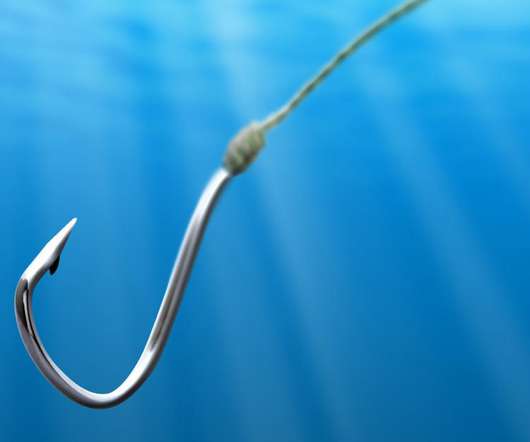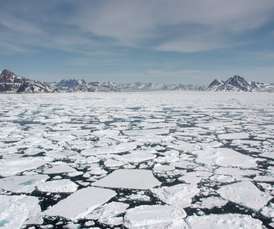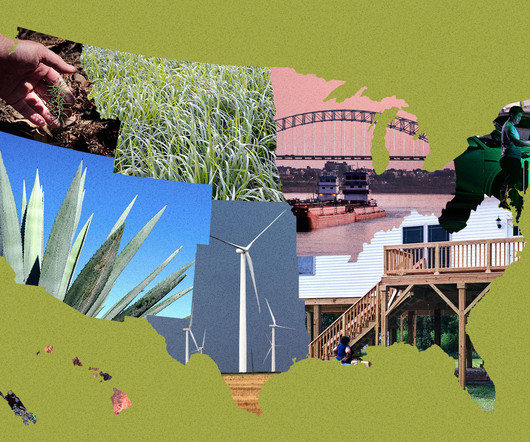Can Bumble Bee and Nestlé hook the world on fishless fish?
GreenBiz
JUNE 8, 2021
The nonprofit has named the threatened collapse of fisheries and unmet demand for seafood alternatives as important factors. By 2030, it expects demand for seafood to be 30 percent higher than 2010 levels. Seaweed, on the other hand, which makes up New Wave’s shrimp-mimic, sequesters carbon and reduces ocean acidification.















Let's personalize your content